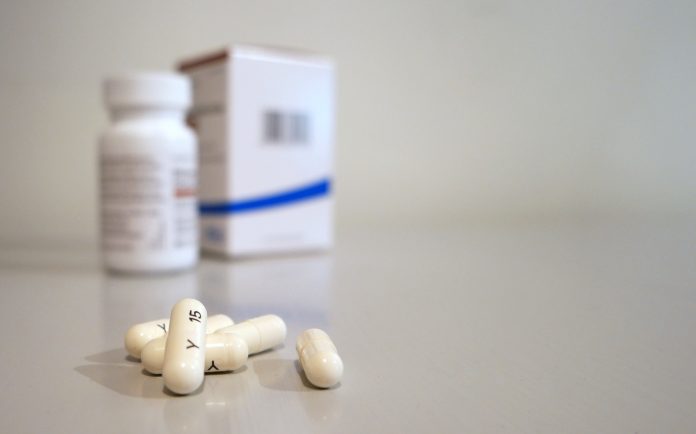The Department of Drug and Alcohol Programs has released operational guidance for Opioid Treatment Providers and telehealth guidance for outpatient substance use disorder providers in response to COVID-19 mitigation efforts.
“The Wolf Administration is committed to the safety and well-being of individuals with substance use disorder and providing access to treatment in response to COVID-19 mitigation,” said DDAP secretary Jennifer Smith. “The department is releasing the following guidance to support clinicians in providing the best care for their patients during this time.”
Opioid Treatment Programs
On March 16, the Substance Abuse and Mental Health Service Administration issued guidance to Opioid Treatment Programs in recognition of the evolving issues surrounding COVID-19 and emerging needs facing OTPs. The increased flexibility allowed for DDAP to request blanket exceptions to SAMHSA regarding OTP prescribing practices for take-home medications within the commonwealth.
The following blanket exceptions are approved by SAMHSA:
– For patients who are stable, OTPs may prescribe take-home doses of up to 28 days
– For patients who are less than stable but the physician believes can safely handle take-home medication, OTPs may prescribe take-home doses up to 14 days
To fully align with the new federal guidance, the commonwealth will waive regulations related to 28 Pa Code § 715.16(e) which does not permit a patient to receive more than a two-week take-home supply of medication during Gov. Tom Wolf’s Disaster Emergency.
Providers implementing these waivers must notify DDAP and provide policies that have been updated to reflect these changes.
“By waiving Pennsylvania’s current regulation and aligning with the federal exception, we are allowing all OTPs to make a case-by-case decision on how to best prescribe medication to individuals during this time,” said Smith. “We hope that this change will allow individuals to stay home and mitigate the spread of COVID-19.”
Telehealth Expansion
Single County Authorities may use DDAP funding for outpatient substance use disorder treatment facilities to provide counseling and other clinical services using telehealth technology.
“During mitigation efforts in response to COVID-19, the department realizes the physician limitations on outpatient drug and alcohol facilities and the individuals they serve,” said Smith. “The decision to use telehealth will allow more individuals to access treatment while keeping both them and their counselors healthy.”
With this announcement, substance use disorder counselors who meet qualifications provided in 28 Pa. Code § 704.7(b) may provide telehealth using real-time, two-way interactive audio-video transmission services in licensed drug and alcohol outpatient clinics. While the two-way interactive transmission is the preferred method, services provided by telephone and in the home are also acceptable.
All federal and state privacy and confidentiality requirements applicable to in person services remain applicable to services provided through telehealth technology.


